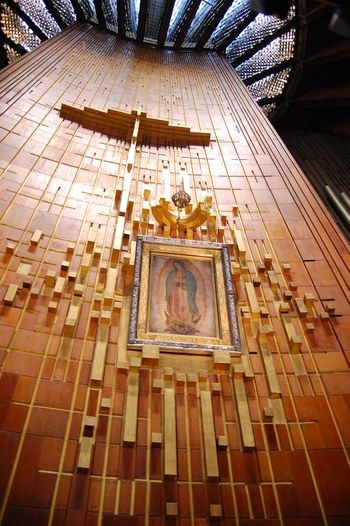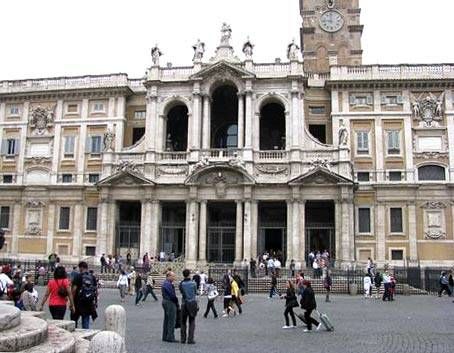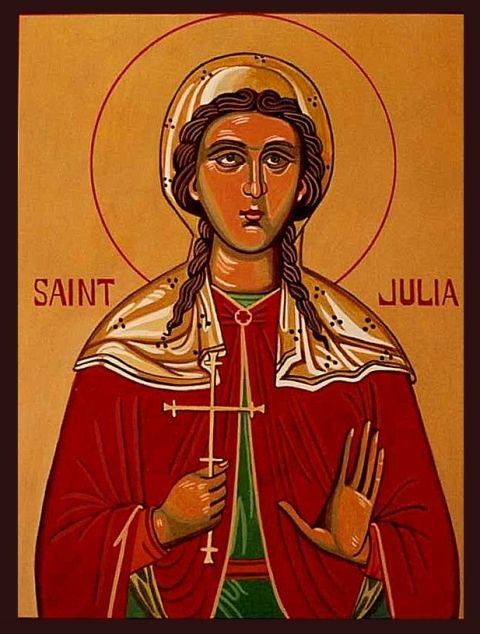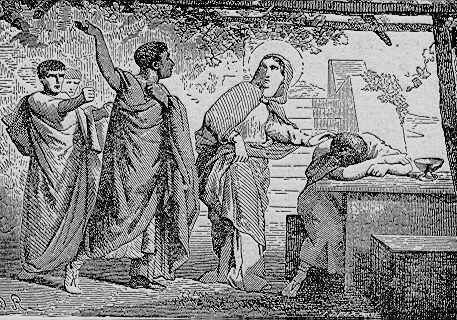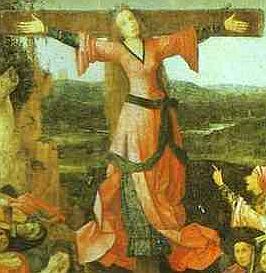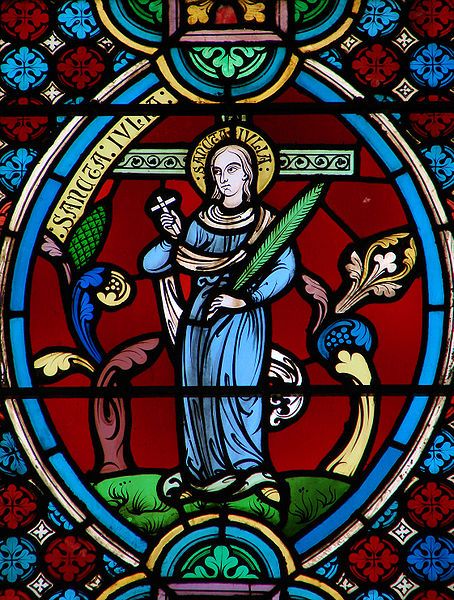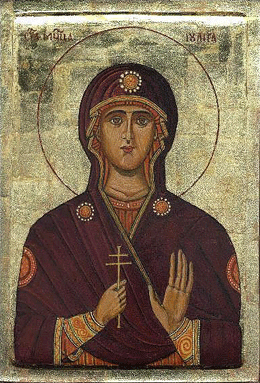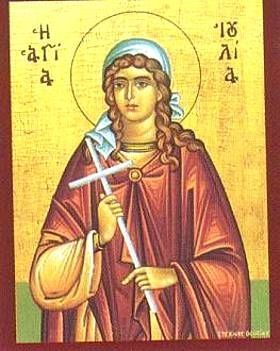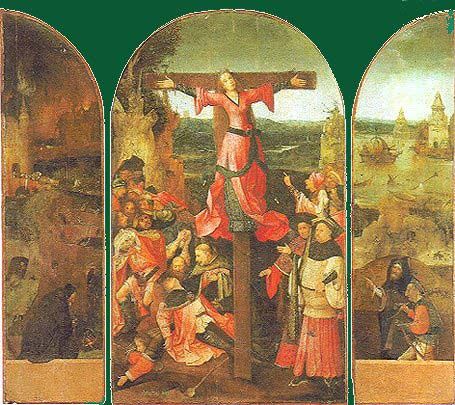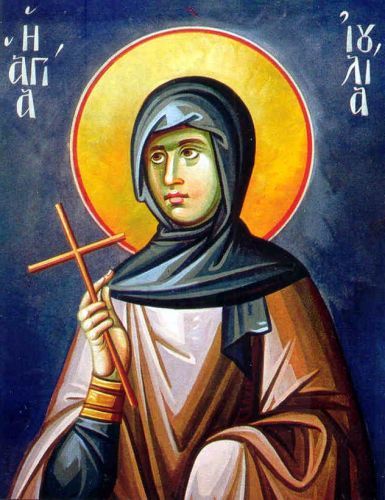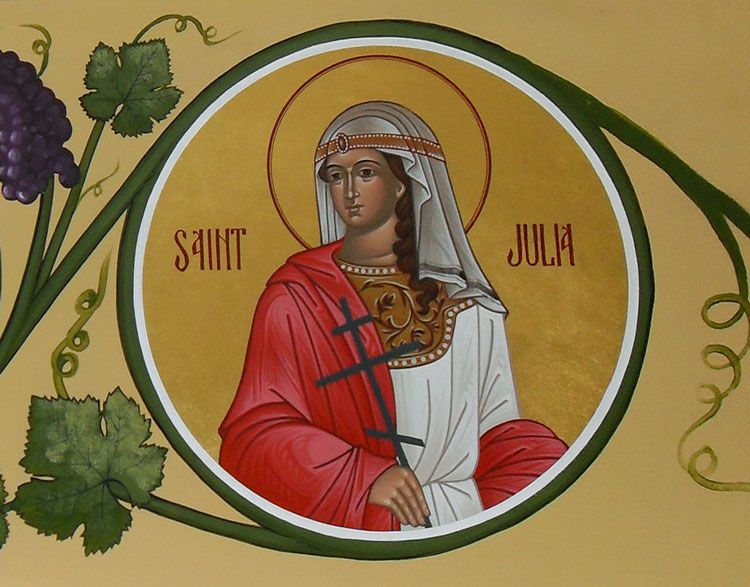For many of us, myself included, 2012 was a difficult year. Personally, for me, it was a year that
brought hardship, anxiety, and doubt.
There were days where it was a struggle to find my faith. As such, I had a little less time to blog
than in previous years, although was able to maintain my daily praying of the
Holy Rosary. I have often wondered and
prayed about how best to continue this blog (and whether I should continue),
but I think my “answer” comes with some of the statistics from 2012:
 |
| Locations of last 500 visitors to 365 Rosaries: A Year of Prayer |
Over 150,000 people visited my humble blog—nearly 20,000
of them during October, the month of the Holy Rosary.
 |
| Just some of our constructed Rosaries |

If you would like to make a donation, please click on the "Donate"
button in the left-hand margin (see picture at right). It costs approximately $1.20 to purchase the materials for one mission-style Rosary.
Reflecting on these numbers, I feel pulled to continue this holy
mission, and ask for your prayers, support, and encouragement moving
forward. Together, reflecting on 2012,
we offer a prayer of Thanksgiving to our most gracious and forgiving Lord:
Father in Heaven, Creator of all and source of all goodness
and love, please look kindly upon us and receive our heartfelt gratitude in
this time of giving thanks.
Thank you for all the graces and blessings. You have bestowed upon us, spiritual and temporal: our faith and religious heritage. Our food and shelter, our health, the loves we have for one another, our family and friends.
Dear Father, in Your infinite generosity, please grant us continued graces and blessing throughout the coming year.
This we ask in the Name of Jesus, Your Son and our Brother. Amen.
Thank you for all the graces and blessings. You have bestowed upon us, spiritual and temporal: our faith and religious heritage. Our food and shelter, our health, the loves we have for one another, our family and friends.
Dear Father, in Your infinite generosity, please grant us continued graces and blessing throughout the coming year.
This we ask in the Name of Jesus, Your Son and our Brother. Amen.
Looking Forward to 2013
As I look forward to 2013, I am excited with a new year of
possibilities, only made possible through the grace and generosity of God. A few planned “highlights” (finances
permitting, of course) of the year include:
It was my pilgrimage to the sacred grotto at Lourdes that began my
mission, and I feel called to recommit to Our Blessed Mother by visiting one of
the sites of her holy apparitions. As
with Lourdes, the Shrine of Our Lady of Guadalupe continues to beckon to me, and
I hope to visit during 2013.
My work will take me to Rome this spring, and I plan to take full
advantage by visiting the Holy Sites of Rome and the Vatican City, among them
the Church of Saint Paul Outside the Walls and the Basilica of Mary Major.
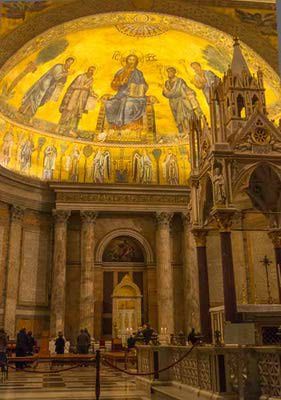 |
| Interior, Church of Saint Paul Outside the Walls |
 |
| Chapel of Blessed Bronislawa |
There are currently over 130 active Roman Catholic churches in Krakow,
Poland, many of which are named for, and house, the relics of the saints of
Eastern Europe. Among those I hope to
visit are the Chapel of Blessed Bronislawa, the Crypts of Saint Stanislaus,
Church of the Transfiguration, and Basilica of Corpus Christi.
 |
| Crypts of Saint Stanislaus |
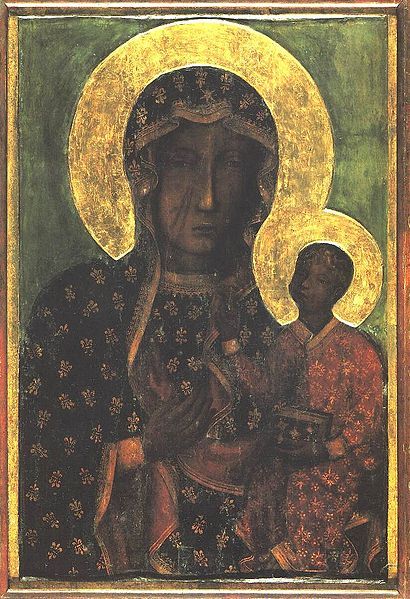 |
| Time permitting, I hope to visit the Black Madonna of Czestochowska |
Lastly, for some years, I have felt a certain inexplicable pull to
visit the site of the Auschwitz-Birkenau concentration camps in Poland, and
offer a Rosary for those who so unjustly perished during the second World
War. I feel certain that this is what I
have been called to do by Our Blessed Mother, and so hope to schedule this
during my spring trip to Europe.
Of course, I will resume my blogging about the Saints, and holy men and
women of our Catholic faith.
As we look toward 2013, we lift a prayer to Our Lord, a prayer of blessing upon the new year and all that lies ahead.
O sacred and adorable Trinity, hear our prayers on
behalf of our holy Father the Pope, our Bishops, our clergy, and for all that
are in authority over us. Bless, we beseech Thee, during the coming year, the
whole Catholic Church; convert heretics and unbelievers; soften the hearts of
sinners so that they may return to Thy friendship; give prosperity to our
country and peace among the nations of the world; pour down Thy blessings upon
our friends, relatives, and acquaintances, and upon our enemies, if we have
any; assist the poor and the sick; have pity on the souls of those whom this
year has taken from us; and do Thou be merciful to those who during the coming
year will be summoned before Thy judgment seat. May all our actions be preceded
by Thy inspirations and carried on by Thy assistance, so that all our prayers
and works, having been begun in Thee, may likewise be ended through Thee. Amen.
(source: The Daily Catholic)
May the Lord bless
each of you throughout the coming year.
In Christ,
Jacob









